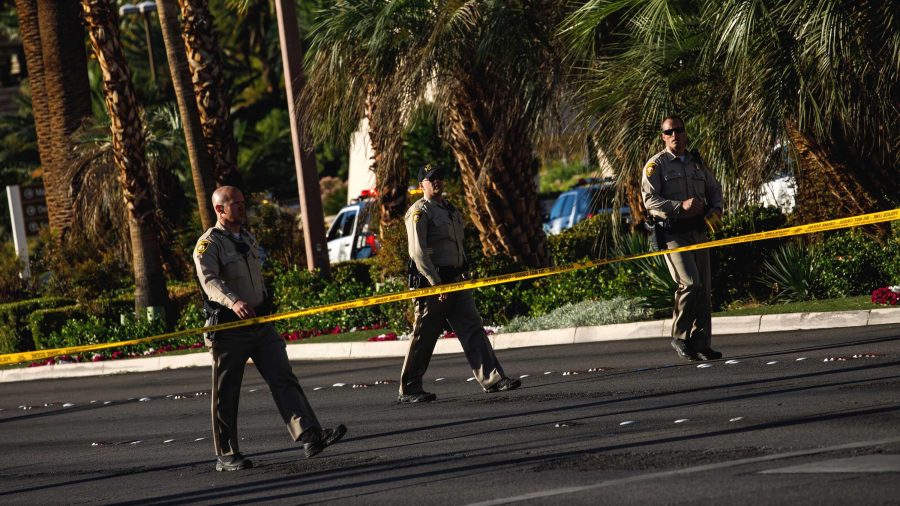United States gun violence can’t only matter after mass shootings, and there is no “magic answer” to the problem.
By Isabella Rosario
Almost 60 people are dead and more than 500 are injured after a gunman opened fire above a Las Vegas music festival, marking the deadliest mass shooting in modern U.S. history.
No matter your political leaning, I’m going to continue this column assuming we can agree on three things:
• America has a gun problem. And the number of people who die from it is not a necessary evil, nor “the price of freedom” (looking at you, Bill O’Reilly).
• The Second Amendment grants people the right to bear arms. A GOP-controlled Congress will not put forth a measure to legislate otherwise.
• Gun reform in the U.S. cannot be modeled on any other country, because the U.S. does not have a gun culture like, or similar to, any other country.
Basically, there’s no perfect answer to preventing these tragedies, especially ones committed by “lone wolves,” who are difficult to craft policy around. I’m not seeking to propose one magic answer here, because there isn’t one — there are many, for many different groups of people. Comprehensive action — yes, “gun control” (cue the NRA shudders) — is imperative. But so are other means of reducing violence.
For gun violence in the U.S. to be lessened, some statistically failing ideas need to be removed from the conversation — i.e., those rooted in ideological interests or presumed causation. For example, following mass shootings, many people bring up Australia and the UK as proof of effective gun control. Following mass shootings in both respective countries, their governments implemented buyback programs for most firearms. But mass shootings were even rarer in these countries to begin with, and data on the success of buyback programs are insufficient. On the other hand, the idea that more “good guys with guns” will make people safer is also a statistically proven falsehood, according to a Stanford University study that concluded, “States with right-to-carry concealed handgun laws experience increases in violent crime.” Both arguments may be well-intentioned, but they each push an unhelpful agenda.
RELATED: Editorial: After Ped Mall shooting, ‘Stand Your Ground Law’ still falls short
Furthermore, to understand and prevent gun violence, we can’t view it through the narrow lens of mass shootings, which account for a small fraction of U.S. gun deaths. Instead, we must address everyday victims that aren’t memorialized on a 24-hour news cycle, acknowledging that policies to protect them must be just as numerous and idiosyncratic as they are. According to the Centers for Disease Control & Prevention, approximately two-thirds of more than 33,000 annual U.S. gun deaths are a result of suicide. Out of the one-third that are homicides, more than half of them are men, and two-thirds of those men are black. Women account for around 1,700 gun deaths annually, mostly from domestic violence. The remaining proportion are accidents or otherwise undetermined.
Excluding a complete (i.e., unlikely) removal of guns from the U.S., not one or 10 changes will protect all of these people. The best chance our nation has at fixing our gun problem is creating policies targeted toward specific at-risk groups, some of which may not address guns at all — for example, funding programs that improve relationships between the police and underprivileged communities.
Background checks, restrictions on gun modifiers, closing of loopholes, and improving laws to keep guns out of the hands of domestic abusers are all worthy efforts to purse. But centering the national conversation on guns on a mass murderer with no previous criminal record will only further our hopelessness. And if we accept there’s nothing we can do about gun violence, Americans will continue to die — and maybe make the headlines when they die in a mass shooting.










